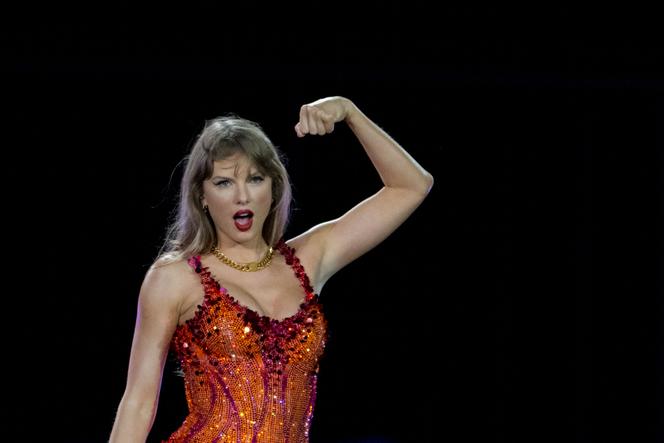


Pop sensation Taylor Swift, locked in a feud with record executives since 2019 over ownership of her music, has bought back the rights to her entire back catalog, she said on Friday, May 30. Swift bought back her masters from Shamrock Capital, an LA investment firm, for an undisclosed amount. "All of the music I've ever made (...) now belongs (...) to me," she wrote on her website, after years of dispute over her first six albums, several of which she has re-recorded, to create copies she owns herself.
"To say this is my greatest dream come true is actually being pretty reserved about it," she wrote in the letter penned to fans, adding: "To my fans, you know how important this has been to me – so much so that I meticulously re-recorded and released four of my albums, calling them Taylor's Version." Those records included the award-winning "Reputation" and "Taylor Swift."
The re-recording power move came in the wake of public sparring with industry mogul Scooter Braun, her one-time manager, whose company had purchased her previous label and gained a majority stake in her early work. He later sold Swift's master rights to the private equity company Shamrock Capital.
The situation left Swift publicly incensed: "I just feel that artists should own their work," she said, in 2019. Before her public efforts to regain control of her work, Prince, George Michael, Jay-Z and Kanye West all also fought for control of their masters – one-of-a-kind source material, which dictates how songs are reproduced and sold – but none had gone so far as to re-record them completely.
The pop star, whose recent, nearly two-year-long, $2 billion Eras tour shattered records, said that she was "heartened by the conversations this saga has reignited within my industry."
Swift's ultra-lucrative tour, which wrapped last year, was a show business sensation – and will have helped offset the costs of buying back her catalog. The 149 shows across the world typically clocked in at more than three hours long each. Eras tour tickets sold for sometimes exorbitant prices and drew in millions of fans, along with many more who didn't get in, and were willing to simply sing along from the parking lot.
